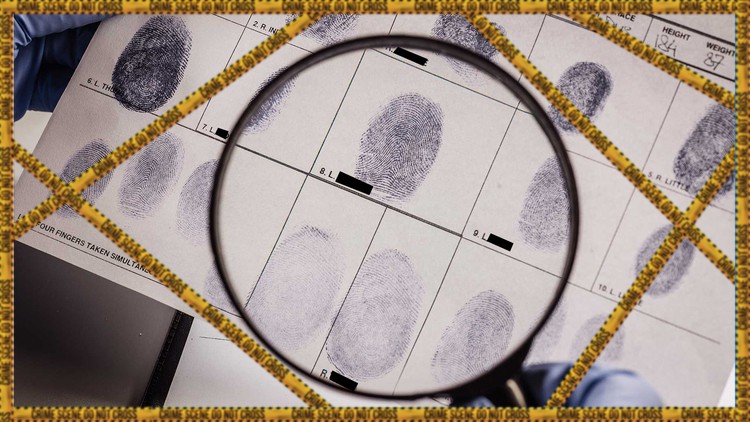Criminology and Criminal Psychology | Certified CSI+ Course
- Description
- Curriculum
- FAQ
- Reviews
While acquainting students with criminal science, focusing on how is fundamental, different ideas and standards of hypothetical improvement are woven into how we might interpret. This part starts with a concise conversation of such ideas as wrongdoing, criminal, degenerate, criminal science, law enforcement, and agreement and struggle viewpoints of criminology. The accompanying segment presents an overall rundown of the unique phases of the grown-up law enforcement system, as well as the adolescent equity. The first section of our Criminology and Criminal psychology training presents a general summary of the different stages of the criminal justice system, as well as the justice system. Next, this section illustrates how criminology informs policies and programs. Unfortunately, there are instances when policies are not founded
on criminological theory and rigorous research, but are more of an interesting reaction to perceived problems. The second section provides an overview of victimology and various issues related to victims of crime.
Crime, like so many things in our social world, has a certain taken-for-granted or common-sense nature. When we use the term, we assume the category is meaningful; that is, we assume that those to whom we are talking will understand what we’re
talking about and will tend to use the term in the same way as we do. This, of course, is the basis upon which the social world operates on assumptions about the taken-for-granted meaningfulness of the vocabulary we use and the behaviours we enact. The word crime is used regularly in everyday conversation. That it is used in this manner implies that there is a sufficient level of common understanding for it to be meaningful. On one level, this is undoubtedly the case.
However, this masks a number of complexities. As we will see, identifying the boundary between acts that are crimes, and acts which are not crimes, is often far from straightforward.
-
10The Behaviour of criminalsVideo lesson
-
11Classicism and positivismVideo lesson
-
12Psychological positivismVideo lesson
-
13Learning theories - Criminal PsychologyVideo lesson
-
14Learning theories - Social LearningVideo lesson
-
15Learning theories - MotivationVideo lesson
-
16Biological positivismVideo lesson
-
17Biological positivism - The Twins TheoryVideo lesson
-
22Punishment and Individual DeterrenceVideo lesson
-
23The Role of Juries in CourtVideo lesson
-
24Sociology of PunishmentVideo lesson
-
25Juries and LawyersVideo lesson
-
26Testing Jury CandidatesVideo lesson
-
27Jury SelectionVideo lesson
-
28RehabilitationVideo lesson
-
29IncapacitationVideo lesson

External Links May Contain Affiliate Links read more





